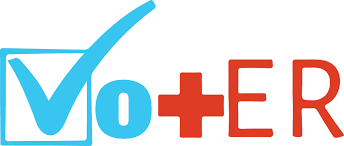Properly navigating the complicated landscape of public health advocacy is more important than ever these days given Secretary Kennedy’s actions.
As a public health system, we need to engage in advocacy to tell our story – but do it in a way that doesn’t get us in trouble by violating IRS and other lobbying restrictions for nonprofits and political jurisdictions.
Thankfully, the Network for Public Health Law ‘s recently published a Q & A summarizing the basics.
Advocacy encompasses efforts to influence policies and systems to promote health equity, such as presenting research to decision-makers, while Lobbying is a specific form of advocacy that entails direct communication with legislators to influence specific legislation.
Understanding these differences is crucial for public health professionals to engage effectively without crossing legal boundaries.
Q&A: What Public Health Professionals Need to Know About Public Health Education, Advocacy and Lobbying – Network for Public Health Law emphasizes that advocacy is a core function of public health, essential for shaping policies and ensuring fair health outcomes.

